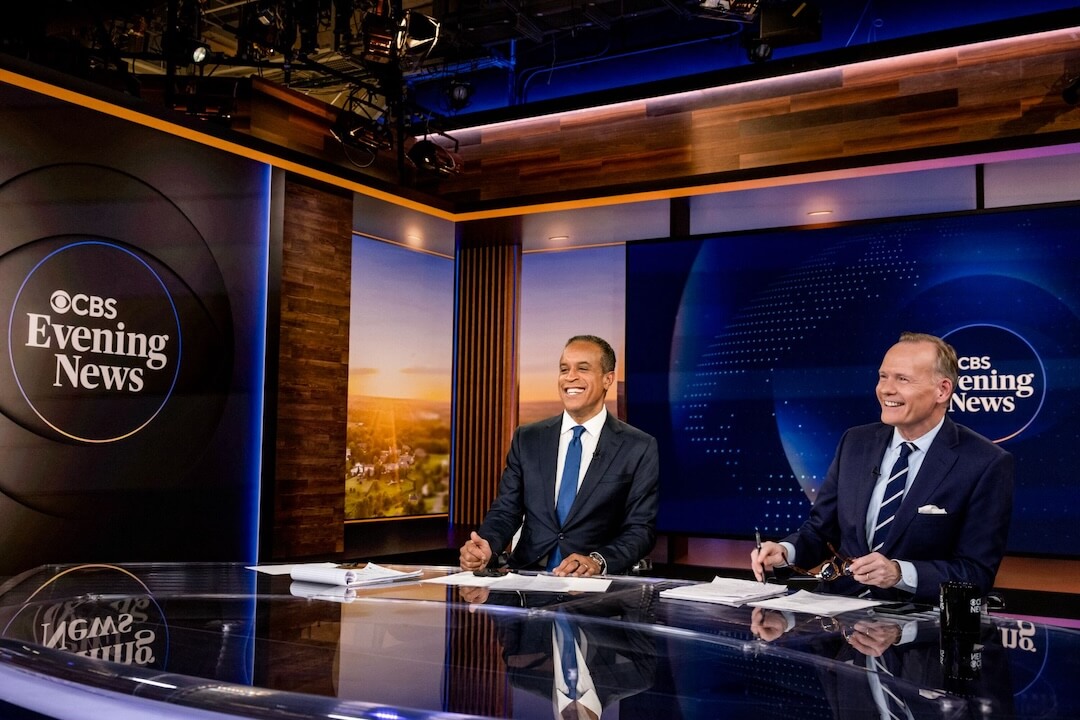The International Fact-Checking Network Wednesday added a team of top researchers to the CoronaVirusFacts Alliance. After collecting more than 7,600 fact-checks about COVID-19 in the first 5 months of its collaboration, the alliance will now turn its focus from cataloging the infodemic to studying its impact and offering in-depth knowledge about the largest global proliferation of mis/disinformation in recorded history.
A group of six research projects — selected from among 114 initial submissions — will get full access to a cleaned and completed version of the CoronaVirusFacts Database, reviewed by the Duke Reporters’ Lab, with content registered since Jan. 24. This means they will have at their disposal more than 7,500 fact-checks in over 40 languages compiled from the work of 99 fact-checking organizations in 77 countries.
Three of the six projects will receive grant funding through a partnership between the IFCN and WhatsApp, and they have promising goals. One of them will look for patterns in COVID-19 hoaxes as a way to detect and prevent new falsehoods. A second one will try to answer what successful communication looks likes from an official source point of view. A third project will measure the impact of visual fact-checks. (See below more details on each project).
The team of researchers was selected in a two-round process. In the first part, the IFCN staff analyzed each proposal to make sure all the requirements were fulfilled. Then a committee composed of three professors — Lucas Graves, associate professor at the University of Wisconsin-Madison Steen Steensen, professor at OsloMet; and Bente Kalsnes, associate professor at Kristiania University College — evaluated the approved proposals and selected the top submissions. The winners came out of this group.
“What was remarkable about the researchers who applied for access to the data was the geographic diversity they represent,” said Graves, emphasizing that projects also reflected diversity in research methods, from large-scale computational studies to smaller ethnographic ones.
For Graves, this global collaboration between fact-checkers and academics should serve as a model. He said it is crucial that practitioners and researchers work together closely to understand the dynamics that allow dangerous misinformation to spread.
“It isn’t the first time researchers and fact-checkers have collaborated, but I don’t think we’ve seen anything on this scale, certainly not involving both fact-checkers and researchers from around the world.”
“The fact-checking community couldn’t be happier,” said IFCN’s Associate Director, Cristina Tardáguila. “By bringing top researchers to the CoronaVirusFacts Alliance and financially supporting some of them, the IFCN becomes not only the house of the largest database about COVID-19 mis/disinformation but also a hub for in-depth research.”
The IFCN will reopen the submission process within the next few days for researchers seeking full access to the database without funding.
Read more below about the researchers and projects:
Fabricio Benevenuto (Federal University at Minas Gerais)
Project: Identifying Typical Patterns of Misinformation related to COVID19: Towards an Automatic Detection Approach
$10,000
This project will look at how different types of COVID-19 misinformation spread and seeks to find predictable patterns to help with early detection. The hope in finding these patterns is to develop an automated method to spot and stop the spread of misinformation.
Sijia Yang (University of Wisconsin–Madison)
Project: Identifying and Implementing Effective Visual Enhancements to Correct High-Priority COVID-19 Misinformation
$9,658
This project will look at how visual correctives like infographics or illustrations impact public understanding of COVID-19. The team will use the database to develop a series of experiments intended to figure out which visual correctives have the biggest impact on fighting COVID-19 misinformation.
Joseph Dexter, (Dartmouth College)
Project: Characterizing the Comprehensibility of Trustworthy and Untrustworthy Information About COVID-19
$5,000
This project will compare the readability of advice from organizations like the Centers for Disease Control and Prevention, news outlets, and misinformation in the alliance database. The aim is to find a clearer way for trusted sources to communicate with the public.
Kiran Garimella (MIT, U.S.)
Project: Misinformation on WhatsApp
No money requested
This project, already underway at MIT, has collected data from public WhatsApp groups in various countries including India, Brazil, Indonesia and Pakistan. The plan is to match up their current data with database fact-checks to try to trace the spread of misinformation in these communities.
Chengkai Li, Ph.D. (University of Texas at Arlington, U.S.)
Project: Untitled
No money requested
The plan is to build a catalog of both COVID-19 fact-checks and frequently asked questions aimed at stopping misinformation about the virus. The team will then map out the spread of misinformation, and evaluate the efficacy of different interventions aimed at stopping the spread.
Yiping Xia (University of Wisconsin–Madison, U.S.)
Project: Untitled
No money requested
This project will look at how fact-checkers from different countries present a fact-check about the same piece of misinformation –– for example, a fake COVID-19 cure. The aim is to understand the diversity in audience responses to the same kinds of misinformation with the goal of improving how fact-checkers communicate.







